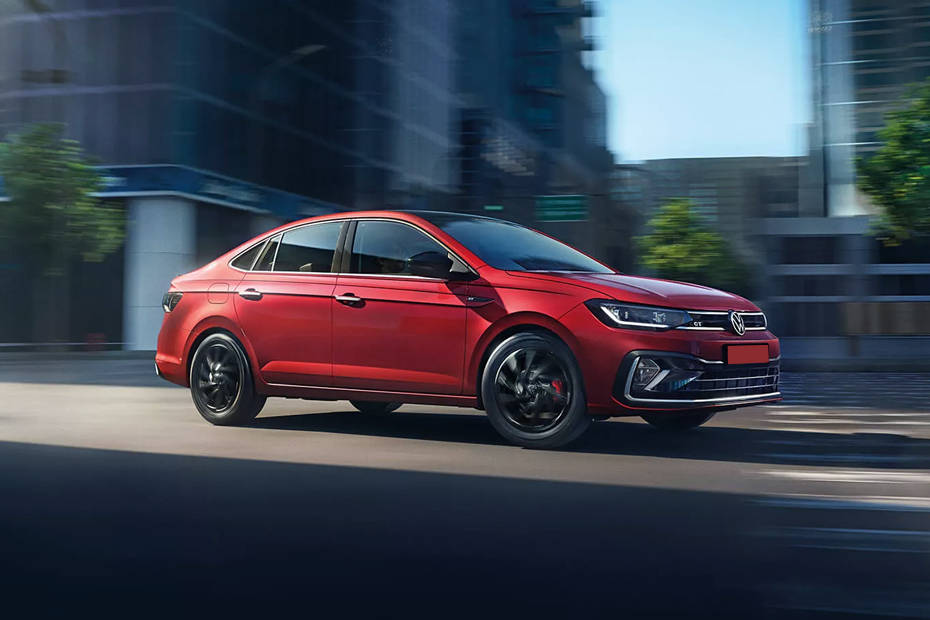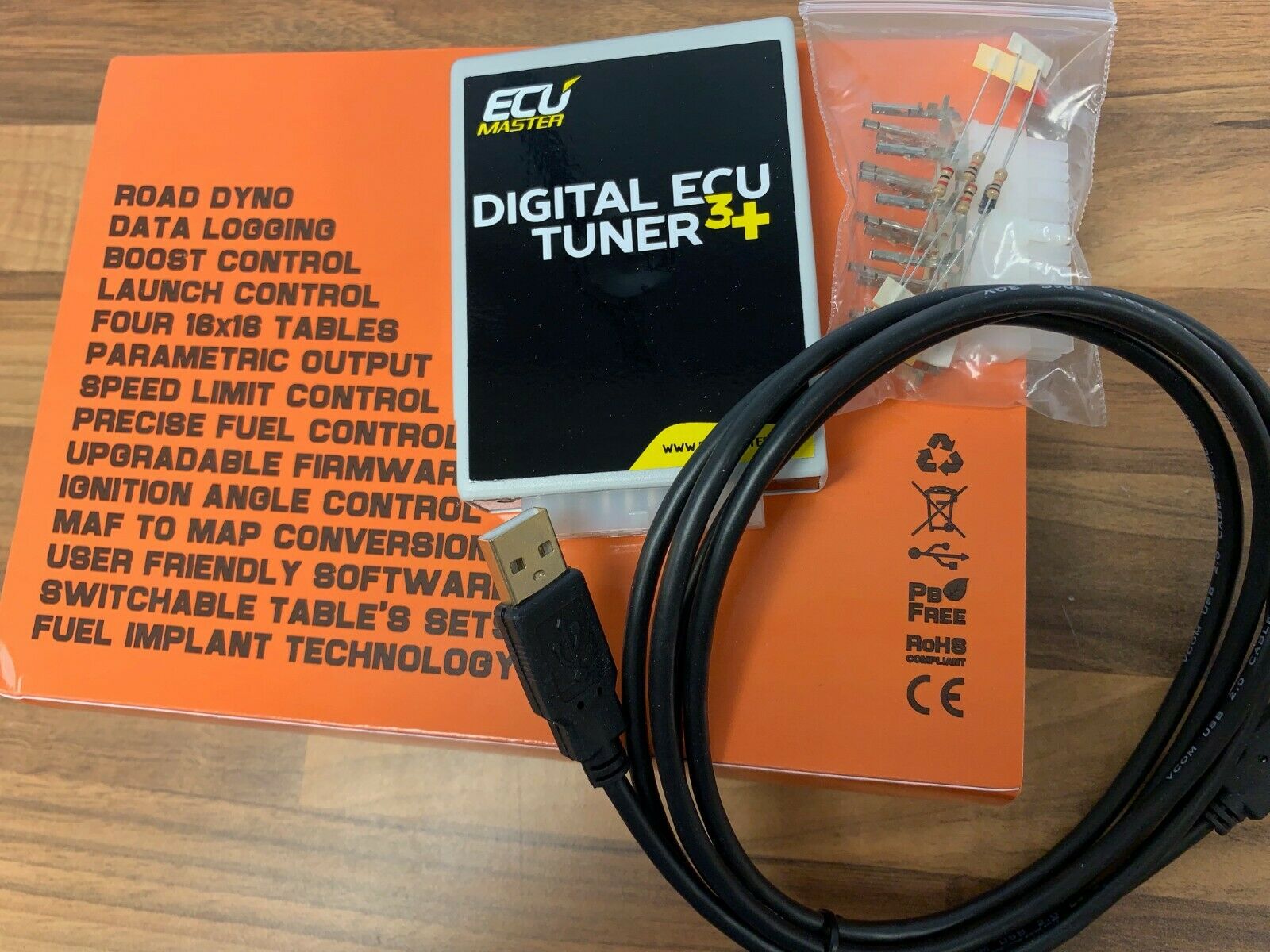
India has seen a massive revolution in its cars. Gone are the days of Ambassadors selling for 60 years with no improvements whatsoever and we are living in times of efficient inline 4-cylinder engines producing a decent amount of power with a higher focus on the fuel economy. But when you try to modify them, it is incredibly difficult. Currently, pretty much all of the tuner market is focused on VAG Group as well as other German cars and a few models of Honda and Toyota.

But the harsh truth is the Indian Market isn’t centred around these cars. These aren’t the cars, which an average youngster or a middle-aged person will buy in the likes of Tata, Mahindra, Kia as well as Hyundai. None of these cars have a big reputation for tuning. The reasons are simple to understand yet hopelessly unreasonable for the non-existence of a tuner market for the masses in the 3rd largest car market in the world.

If you want to understand why this is a reality, you first need to understand why India doesn’t have any relation to tuning in general. The answer can be found in the Indian Motor Vehicles Act 1988 which prohibits tuning after a supreme court verdict in 2019. This verdict essentially states that if you try and change the overall configuration of your car from what is mentioned in the RC Book, your car can be detained by the RTO Authorities as well as a hefty fine may be coming your way. Realistically there are nuances to this verdict as well as the Motor Vehicles Act which doesn’t prohibit tuning whatsoever. But the fact that the government can say ‘All modifications are banned’ rather than a few dangerous ones goes to show the government’s lack of understanding of a potential hobby as well as a massive business opportunity.

The next reason is quite simple too. It is because all of the Indian Engines are focused more towards finding higher fuel economy rather than performance. This is why most Stage 3 cars with 300+ horsepower may make close to only 5 or 7 km per litre in the city. The fact is there can be enough research and development done to address this looming fear. It isn’t like this fear shouldn’t be talked about. Most car enthusiasts aren’t the most wealthy with petrol prices reaching 110 rupees per litre in some cases, it wouldn’t hurt to focus on fuel economy as a primary cause. But removing any sort of potential to tune it to a respectable level circa 200hp is equally preposterous.

This is a gap which needs filling because even if we try to get internationally sold enthusiast cars we would need to pay more than double their price tag to enjoy its thrill. It isn’t like you cannot make 200hp out of tuner cars but that tuneability isn’t there on the likes of Suzuki, Hyundai, or even VW 1.2 TSI engines. Also not to mention most consumer brands are moving away from a manual transmission too which makes enthusiasts buy older cars and that puts a higher amount of risk on driver safety due to recent safety enhancements.

It is also a good time to mention exactly why this banning of mods or prohibiting of mods has happened. It is simply to stop people from making dangerous changes to their cars which will make them as well as other road users’ life more terrible. This is why India has extremely strict emission norms as well which do not allow any sort of symphonic sound from the exhaust as it may emit harmful gases. But markets like USA and China are home to markets bigger than India in terms of Cars and it has shown that the modification sector will be worth 6.4 Billion Dollars a year. It may seem a small digit but it is projected that this number will double in the next 10 years despite the rise of EVs. Modification as well as the tuner sector allows people to personalize their buying and it is just like hiring an interior designer for the house. Why prohibit something like that which can give a more individualistic touch to its reflection especially when it is the 2nd biggest purchase of Human Life? Companies such as VF Engineering, Garett, and Mishimoto have made a name for themselves. Why shouldn’t the likes of Autodisir, and Code 6 at least get an opportunity to show how good they can be for the masses?

Lastly, we will say that most cars can do an ECU reflash and even increase fuel economy in some way. The fact is there is still no ECU unlocking done for 1.5 TSI Engines of VW as well as TCU swap which will improve the response of the transmissions on Hyundai DCT transmissions. It will strengthen the process so much more if the government could invest in this sector’s growth and give us a bit more. As far as we know you don’t need to be rich to have fun in a well-priced 200hp manual car.








